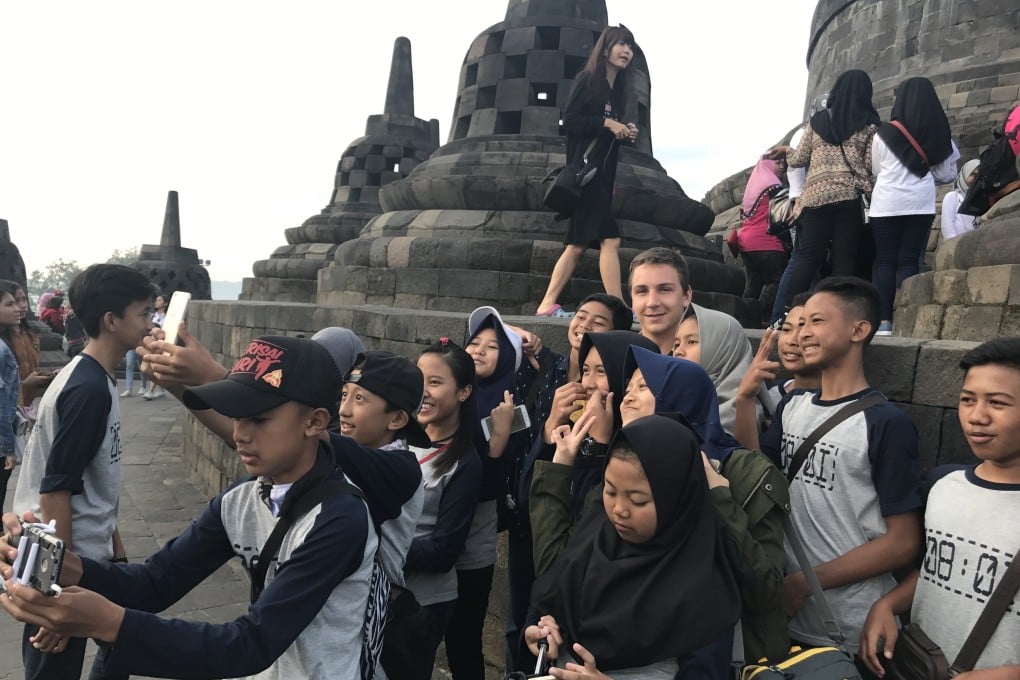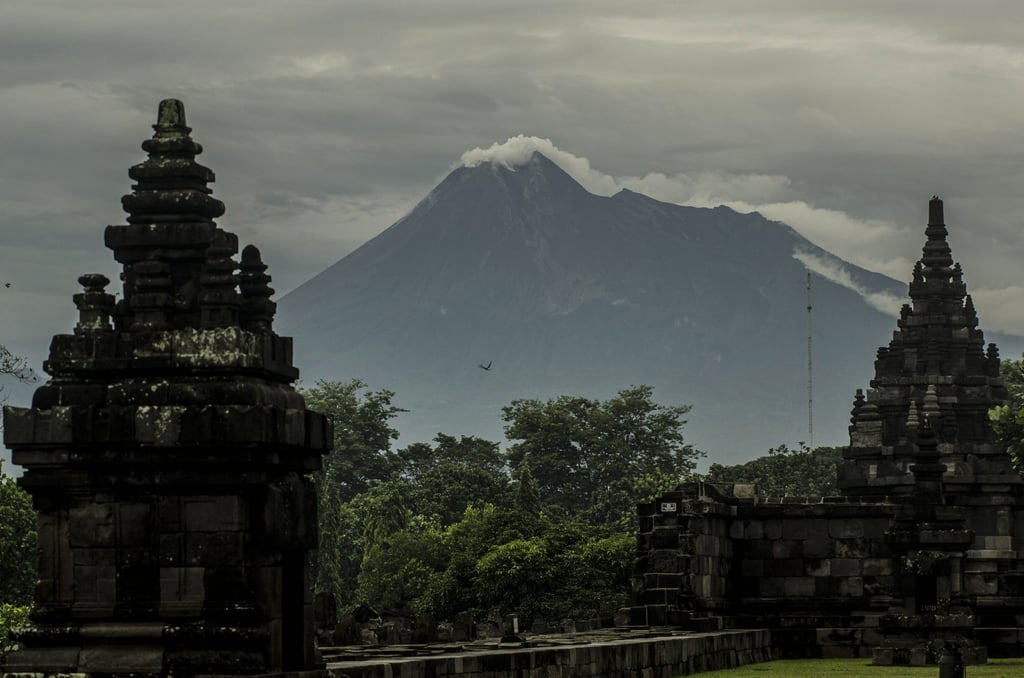‘They’re just like us’: Indonesia’s white-skin obsession in the spotlight as Jokowi calls for end to ‘inlander mentality’
- More than three centuries of Dutch colonisation has left Indonesians with an internalised attitude of ethnic inferiority and low self-esteem, President Joko Widodo said recently
- Other former colonies in Asia share the same inferiority complex, according to observers – but there is way to cast off the postcolonial mental shackles

Boasting a number of internationally renowned tourist destinations such as Prambanan Temple – the largest Hindu temple of ancient Java – Yogyakarta is also home to universities and Indonesian language schools that attract thousands of international students every year. Borobudur, the world’s largest Buddhist temple, built in the seventh century, is about an hour’s drive away in the nearby town of Magelang.
Now 27 and working in marketing, Diana recalled feeling “stunned” at the sight of foreign tourists when she went to Prambanan Temple with a group of university friends. This led to some “tacky” behaviour, she said.

“That was not the first time I saw foreigners, but I was still stunned because I rarely see people with physical characteristics like them … Maybe because I was with a group of friends at that time, and we were in Prambanan [Temple], I asked [the foreigners] to take pictures together with us,” she said, adding that she used her “limited English” to make the request, but did not end up keeping the photos.
For foreign tourists in Indonesia, especially those who have lighter skin, being asked to pose for photos is a relatively common occurrence – a result of a continued belief across parts of Asia that having fair skin is a symbol of higher status.
This is starting to change, however, as more people speak up against racial prejudice, with cosmetics companies also forced to pull back from what has been a lucrative billion-dollar skin lightening industry. Still, before the pandemic when millions visited Borobudur every year, it was common to see children wielding selfie sticks and approaching foreign tourists, shouting “Mister! Mister!” to ask for a picture.